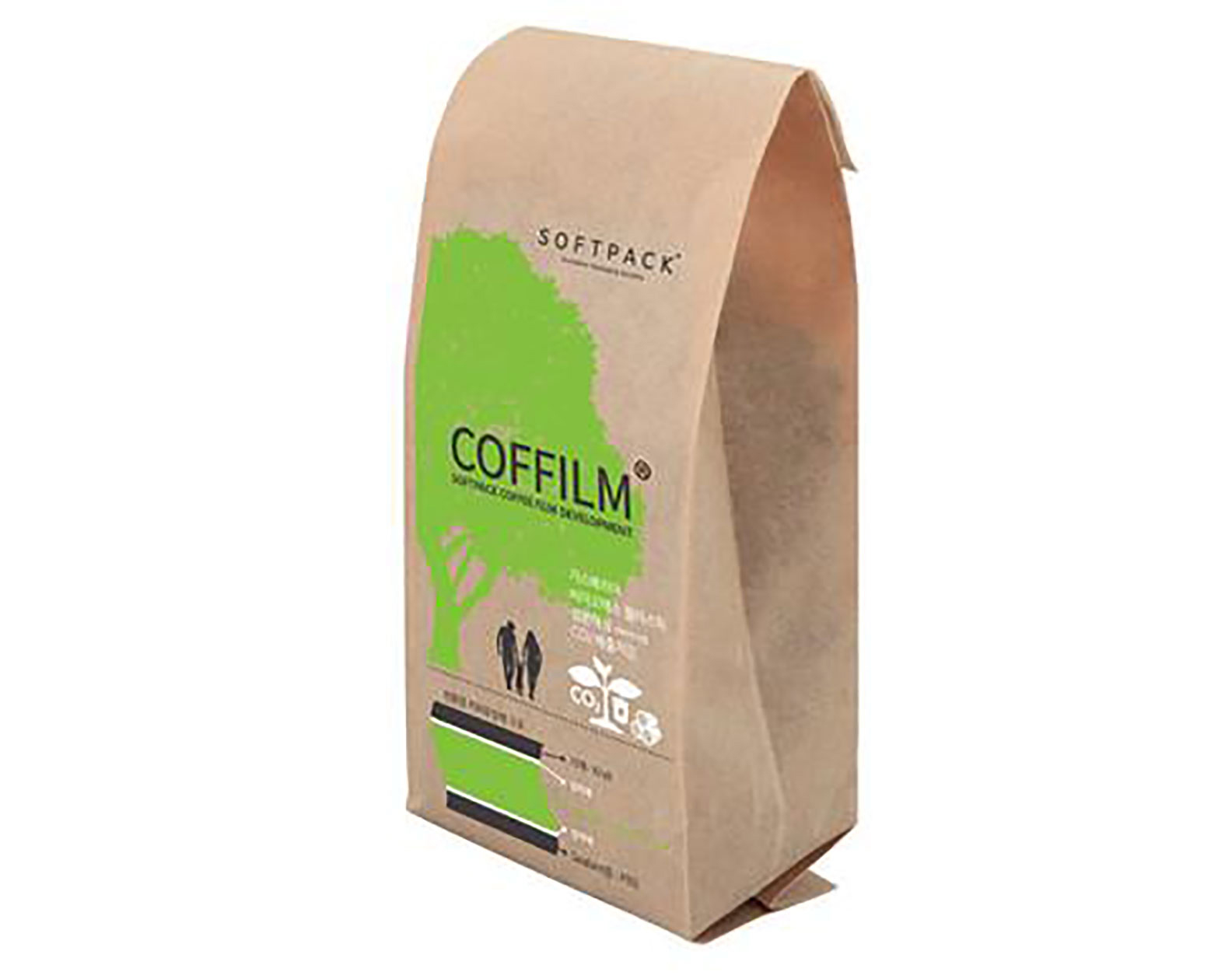Charlotte, North Carolina-based Sealed Air Corp. is investing in capacity at its Simpsonville, South Carolina, facility to produce plant-based food packaging. This facility will be the first in North America to produce materials made from Plantic plant-based resin and post-consumer plastic.
Sealed Air says Simpsonville is one of the world’s largest packaging plants with more than 1,000 employees and 1.4 million s.f. of operations. Packaging materials and systems for food and consumer products currently are manufactured there.
In June 2018, Sealed Air and Kuraray America Inc., a specialty materials company with headquarters in Japan, entered into an agreement to offer Plantic materials to package perishable foods such as poultry, beef and seafood in the U.S., Canada and Mexico.
Sealed Air’s planned capital investment of $24 million is underway, and production is scheduled to begin in the second quarter of 2020.
For its part, Kuraray is investing approximately $15 million to install plant-based high barrier resin production and supporting capabilities in Houston, Texas, where Kuraray America Inc. is headquartered. Kuraray’s resin plant is scheduled to be completed at the end of September 2019 and will begin operating in early 2020.
“This collaborative effort with Kuraray expands our ability to deliver innovative, sustainable food packaging solutions that leave our world, environment and communities better than we found them,” said Ted Doheny, Sealed Air president and CEO. “This investment also helps us reach our commitment to deliver 100 percent recyclable or reusable packaging offerings and 50 percent average recycled content across all packaging solutions by 2025.”
As upgrades to both facilities progress, Sealed Air, under the agreement with Kuraray, will continue to serve customers in North America by importing materials from Plantic Australia. The investment positions both companies for strategic growth in the Americas as demand for sustainable materials continues to increase.
“Kuraray continues to pioneer proprietary technology to develop new fields of business, grow globally and improve the environment,” said Katsumasa Yamaguchi, GM of the Global EVAL Division. “We are looking forward to this collaborative investment with Sealed Air which allows us to produce and offer a high-performing plant-based packaging option to the food industry on a much larger scale.”
Sealed Air partners with customers to solve packaging challenges. Its portfolio of brands includes Cryovac food packaging and Bubble Wrap protective packaging. Sealed Air generated $4.7 billion in sales in 2018 and has approximately 15,500 employees serving customers in 123 countries.
Founded in 1926 in Kurashiki, Japan, Kuraray Co. Ltd. Specializes in performance-based polymer and synthetic chemistry technologies, including resins, chemical, fibers and textiles. It was the first entity in the world to bring ethylene vinyl alcohol (EVOH) polymers to market. The company operates 19 subsidiaries around the world, including Kuraray America.


I’m a bit confused about how this product is biodegradable. The plant resin aspect I can see. The plastic aspect, nope. Even itty bitty teensy weensy bits of plastic is still plastic. Petroleum-based plastics are not biodegradable.